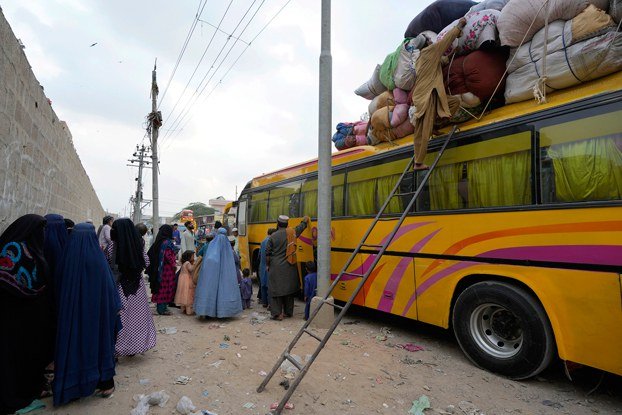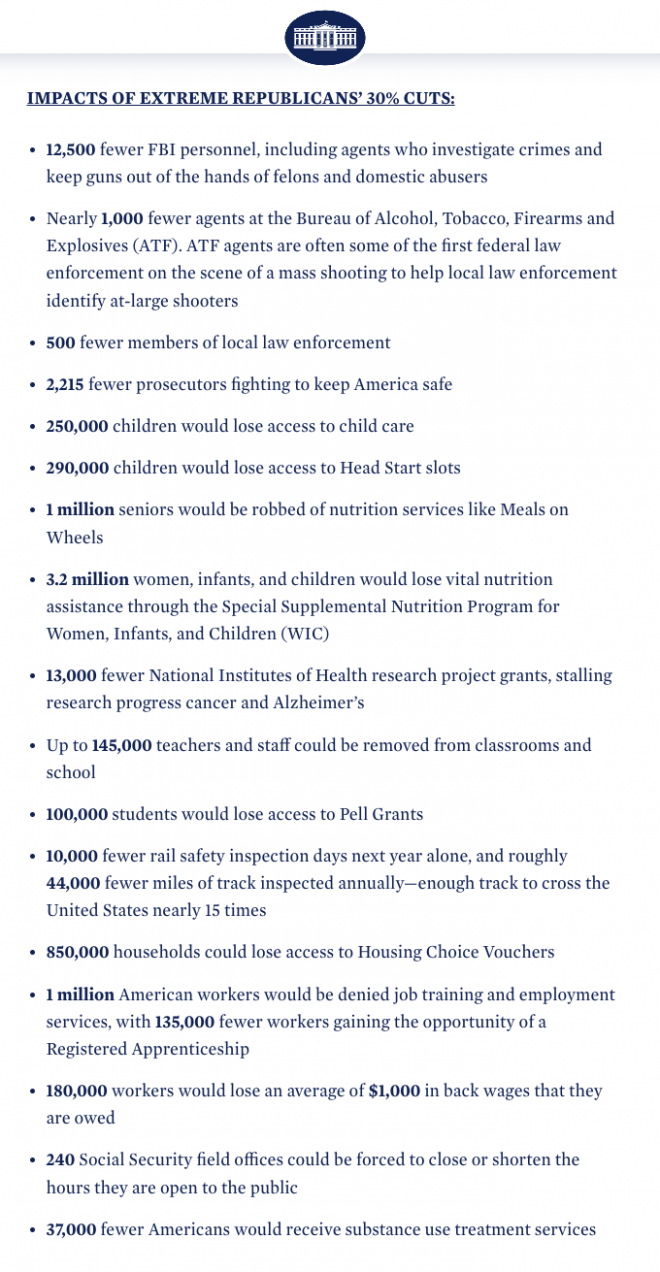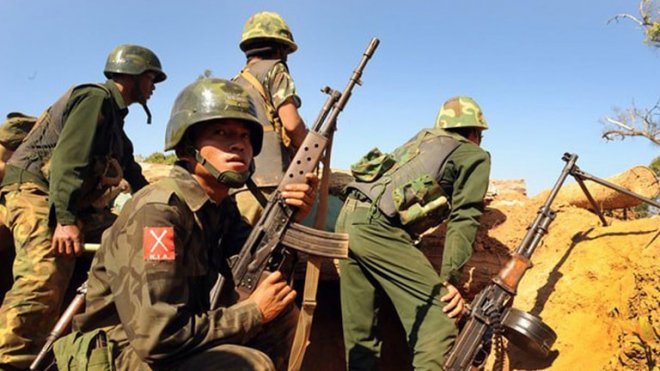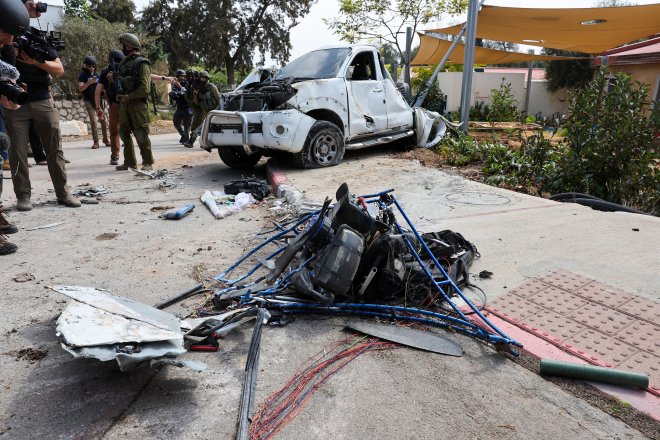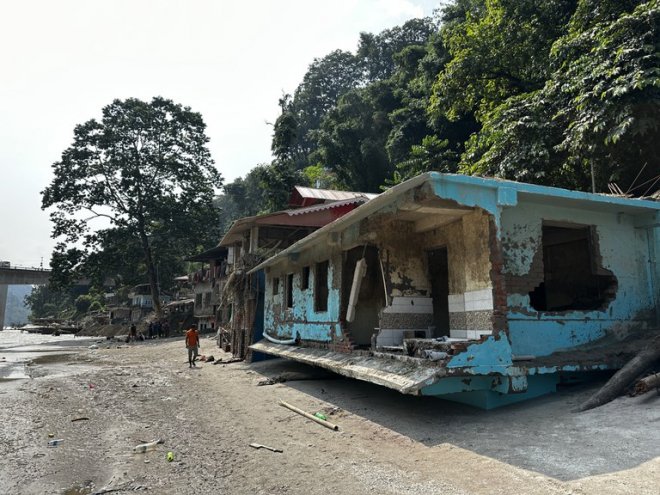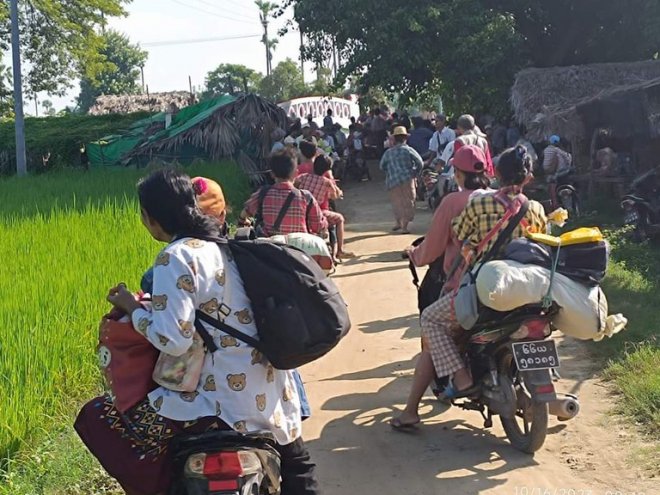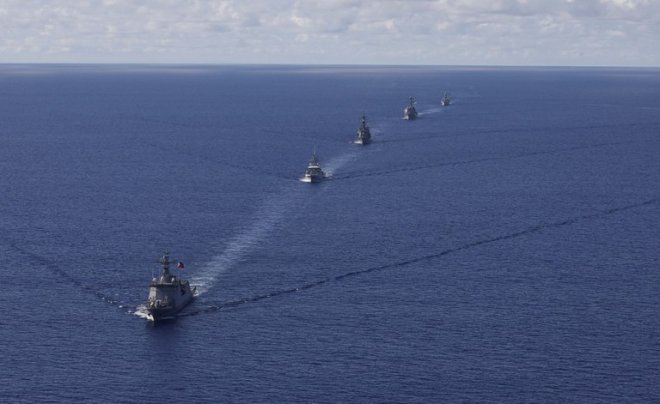Biden cancels Papua New Guinea stopover in setback for Pacific influence
U.S. President Joe Biden has shelved his planned visits next week to Papua New Guinea and Australia, an apparent setback for efforts to show a renewed commitment to a region where China has made inroads over several decades.
Citing a need to focus on negotiations to raise the U.S. government’s debt limit, the White House said Biden will return to Washington on Sunday from a Group of Seven meeting in Japan instead of making a brief stopover in Papua New Guinea and then meeting the leaders of Australia, Japan and India in Sydney.
“Revitalizing and reinvigorating our alliances and advancing partnerships like the Quad remains a key priority for the president,” the White House press secretary, Karine Jean-Pierre, said in a statement, referring to the grouping of the United States, Australia, Japan and India.
“This is vital to our ability to advance our foreign policy goals and better promote global stability and prosperity,” she said. “We look forward to finding other ways to engage with Australia, the Quad, Papua New Guinea and the leaders of the Pacific Islands Forum in the coming year.”
Australian Prime Minister Anthony Albanese said Wednesday the Quad meeting planned for next week would not go ahead without Biden, but that leaders would meet on the sidelines of the G-7 summit instead, Reuters reported.
The brinkmanship over the government’s budget has become an annual ritual that highlights the partisan divide in U.S. politics. The Federal government could be forced to shutter some services and furlough employees, and faces the risk of defaulting on debt payments, if Congress doesn’t agree to an increase in the borrowing ceiling.
The prospect of Biden’s visit to Papua New Guinea’s capital Port Moresby had generated feverish preparations and both excitement and skepticism in the Pacific island country of more than nine million people.
Biden also would have met leaders of other Pacific nations as many are headed to Port Moresby for an India-Pacific islands summit attended by India’s Prime Minister Narendra Modi.
“I was looking forward to seeing U.S. President Biden but it’s too bad now, he has canceled his trip,” said Lucas Nanai, who trims hedges and tidies backyards for a living.
He blamed the change of plans on Prime Minister James Marape’s government cultivating ties with China.
“The Marape government is just thinking about getting money for now from the Chinese,” he said. “When there is a war, China will not help us. America and Australia will come to help us.”
![]() Gardener Lucas Nanai gestures while working in Papua New Guinea’s capital Port Moresby on May 17, 2023. He said he was disappointed President Biden had canceled his stopover in Port Moresby. [Harlyne Joku/BenarNews]Biden, leader of a country that is the world"s largest economy and a nuclear-armed superpower, met Pacific island leaders in Washington in September last year.
Gardener Lucas Nanai gestures while working in Papua New Guinea’s capital Port Moresby on May 17, 2023. He said he was disappointed President Biden had canceled his stopover in Port Moresby. [Harlyne Joku/BenarNews]Biden, leader of a country that is the world"s largest economy and a nuclear-armed superpower, met Pacific island leaders in Washington in September last year.
That summit was meant to highlight renewed U.S. participation in the Pacific in response to Beijing’s burgeoning influence. His Papua New Guinea stopover, only confirmed by the White House last week, was intended to underscore that commitment, analysts said.
Mihai Sora, an analyst at Australia’s Lowy Institute think tank, said Biden’s no-show will be a disappointment for Pacific island leaders.
“Pacific leaders gave the U.S. the benefit of the doubt last year when Washington started making overtures to the region. But this cancellation will be seen as the U.S. falling into familiar patterns and not living up to expectations it sets,” said Sora, a former diplomat in the Pacific and Southeast Asia.
“And it will make fruitful material for detractors seeking to undermine U.S. influence in the region. No other way to see it.”
China’s influence in the Pacific has grown over several decades through a combination of increased trade, infrastructure investment and aid as it seeks to isolate Taiwan diplomatically and gain allies in international institutions. The Solomon Islands and Kiribati switched their diplomatic recognition to China from Taiwan in 2019.
Beijing signed a security pact with the Solomon Islands last year, alarming the U.S. and allies such as Australia who fear it could pave the way for a Chinese military presence in the region.
Papua New Guinea’s Minister of Foreign Affairs Justin Tkatchenko – who stepped aside last week after apologizing for calling online critics of his adult daughter Savannah “primitive animals” – had said the government hoped to sign a defense cooperation agreement with the United States during Biden’s visit.
Even before it was canceled, the brevity of Biden’s visit – reported by Papua New Guinea’s media to be three hours – had drawn unfavorable comparisons with Chinese President Xi Jinping’s stay in the Pacific country in November 2018, when it hosted the Asia-Pacific Economic Cooperation leaders summit.
The U.S. sent then-Vice President Mike Pence to the APEC meetings, but he and his delegation based themselves in northern Australia rather than Port Moresby.
“China was genuine. President Xi Jinping was here on the ground,” businessman Justin Parker said in the WhatsApp group for PNG ThinkTank, an online forum.
For Australia – which is part of the AUKUS pact with the U.S. and United Kingdom that will equip the Australian military with nuclear-powered submarines – the canceled visit by Biden will also be disappointing, said Sora.
“It will frustrate but won’t rattle Australia broadly speaking or its commitment to the Quad,” he said.
BenarNews is an RFA-affiliated news service.
[圖擷取自網路,如有疑問請私訊]
Citing a need to focus on negotiations to raise the U.S. government’s debt limit, the White House said Biden will return to Washington on Sunday from a Group of Seven meeting in Japan instead of making a brief stopover in Papua New Guinea and then meeting the leaders of Australia, Japan and India in Sydney.
“Revitalizing and reinvigorating our alliances and advancing partnerships like the Quad remains a key priority for the president,” the White House press secretary, Karine Jean-Pierre, said in a statement, referring to the grouping of the United States, Australia, Japan and India.
“This is vital to our ability to advance our foreign policy goals and better promote global stability and prosperity,” she said. “We look forward to finding other ways to engage with Australia, the Quad, Papua New Guinea and the leaders of the Pacific Islands Forum in the coming year.”
Australian Prime Minister Anthony Albanese said Wednesday the Quad meeting planned for next week would not go ahead without Biden, but that leaders would meet on the sidelines of the G-7 summit instead, Reuters reported.
The brinkmanship over the government’s budget has become an annual ritual that highlights the partisan divide in U.S. politics. The Federal government could be forced to shutter some services and furlough employees, and faces the risk of defaulting on debt payments, if Congress doesn’t agree to an increase in the borrowing ceiling.
The prospect of Biden’s visit to Papua New Guinea’s capital Port Moresby had generated feverish preparations and both excitement and skepticism in the Pacific island country of more than nine million people.
Biden also would have met leaders of other Pacific nations as many are headed to Port Moresby for an India-Pacific islands summit attended by India’s Prime Minister Narendra Modi.
“I was looking forward to seeing U.S. President Biden but it’s too bad now, he has canceled his trip,” said Lucas Nanai, who trims hedges and tidies backyards for a living.
He blamed the change of plans on Prime Minister James Marape’s government cultivating ties with China.
“The Marape government is just thinking about getting money for now from the Chinese,” he said. “When there is a war, China will not help us. America and Australia will come to help us.”
 Gardener Lucas Nanai gestures while working in Papua New Guinea’s capital Port Moresby on May 17, 2023. He said he was disappointed President Biden had canceled his stopover in Port Moresby. [Harlyne Joku/BenarNews]Biden, leader of a country that is the world"s largest economy and a nuclear-armed superpower, met Pacific island leaders in Washington in September last year.
Gardener Lucas Nanai gestures while working in Papua New Guinea’s capital Port Moresby on May 17, 2023. He said he was disappointed President Biden had canceled his stopover in Port Moresby. [Harlyne Joku/BenarNews]Biden, leader of a country that is the world"s largest economy and a nuclear-armed superpower, met Pacific island leaders in Washington in September last year.That summit was meant to highlight renewed U.S. participation in the Pacific in response to Beijing’s burgeoning influence. His Papua New Guinea stopover, only confirmed by the White House last week, was intended to underscore that commitment, analysts said.
Mihai Sora, an analyst at Australia’s Lowy Institute think tank, said Biden’s no-show will be a disappointment for Pacific island leaders.
“Pacific leaders gave the U.S. the benefit of the doubt last year when Washington started making overtures to the region. But this cancellation will be seen as the U.S. falling into familiar patterns and not living up to expectations it sets,” said Sora, a former diplomat in the Pacific and Southeast Asia.
“And it will make fruitful material for detractors seeking to undermine U.S. influence in the region. No other way to see it.”
China’s influence in the Pacific has grown over several decades through a combination of increased trade, infrastructure investment and aid as it seeks to isolate Taiwan diplomatically and gain allies in international institutions. The Solomon Islands and Kiribati switched their diplomatic recognition to China from Taiwan in 2019.
Beijing signed a security pact with the Solomon Islands last year, alarming the U.S. and allies such as Australia who fear it could pave the way for a Chinese military presence in the region.
Papua New Guinea’s Minister of Foreign Affairs Justin Tkatchenko – who stepped aside last week after apologizing for calling online critics of his adult daughter Savannah “primitive animals” – had said the government hoped to sign a defense cooperation agreement with the United States during Biden’s visit.
Even before it was canceled, the brevity of Biden’s visit – reported by Papua New Guinea’s media to be three hours – had drawn unfavorable comparisons with Chinese President Xi Jinping’s stay in the Pacific country in November 2018, when it hosted the Asia-Pacific Economic Cooperation leaders summit.
The U.S. sent then-Vice President Mike Pence to the APEC meetings, but he and his delegation based themselves in northern Australia rather than Port Moresby.
“China was genuine. President Xi Jinping was here on the ground,” businessman Justin Parker said in the WhatsApp group for PNG ThinkTank, an online forum.
For Australia – which is part of the AUKUS pact with the U.S. and United Kingdom that will equip the Australian military with nuclear-powered submarines – the canceled visit by Biden will also be disappointing, said Sora.
“It will frustrate but won’t rattle Australia broadly speaking or its commitment to the Quad,” he said.
BenarNews is an RFA-affiliated news service.
[圖擷取自網路,如有疑問請私訊]
|
本篇 |
不想錯過? 請追蹤FB專頁! |
| 喜歡這篇嗎?快分享吧! |
相關文章
AsianNewsCast








